Sierra Leone
Multiple reports indicate that Sierra Leonean authorities temporarily shut down the internet after close of polls in the presidential runoff. The service has since been restored as at Sunday morning.
The shutdown was also corroborated by internet censorship outfit, Open Observatory Network Interference (OONI). The group said according to google traffic statistics, there was a noticeable decrease in traffic from Sierra Leone to search.
An election monitoring group, Sierra Leone Decides reported on Sunday morning that Internet Service Providers said the measure was to stop the elections body (National Electoral Commission) and affiliates from sharing results data to party affiliates.
The authorities in #SierraLeone shut off internet on Saturday night shortly after polls closed. It’s only just been restored.
— Umaru Fofana (@UmaruFofana) April 1, 2018
Sources in the Internet Service Providing Sector are telling us that Internet was shut down to stop
— Sierra Leone Decides (SierraDecides) April 1, 2018NECsaloneand election bodies from sharing results data to party affiliates. Internet and phone services has been restored this morning. #sierraleonedecides
Sources in #SierraLeone report that the internet was shut off during counting of votes but has been restored this morning. The government must continue to uphold freedom of expression during the election’s final stages. https://t.co/RzhNhldPGk #SierraLeoneDecides
— Sabrina Mahtani (@Sabrina_Mahtani) April 1, 2018
There has been no official communication on the incident as citizens continue to wait for results from the March 31 runoff that pitched the ruling All People’s Congress (APC) against the main opposition Sierra Leone People’s Party (SLPP).
SLPP’s Julius Maada Bio won the first round of voting held on March 7 but failed to secure an outright victory. APC’s Samura Kamara who came second will look to overtake Maada Bio and to succeed outgoing Ernest Bai Koroma.
Except for The Gambia in December 2016, presidential elections in West Africa have been held without internet disruptions. Ghana in December 2016 and Liberia in October last year.
Other African countries that have blocked internet during presidential elections have justified the action as being in the interest of national security. Congo Republic, Chad, Uganda and Somalia’s Somaliland have all undertaken a similar measure.
On the other hand, Kenya, Egypt, Angola and Rwanda have all held elections with the internet on.



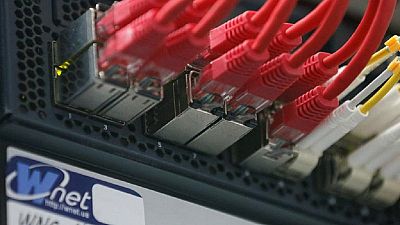

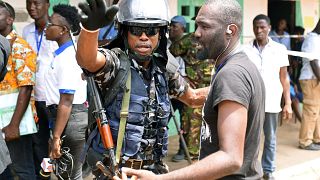
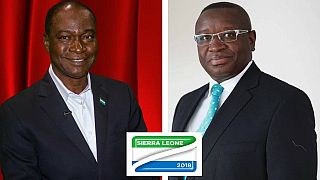
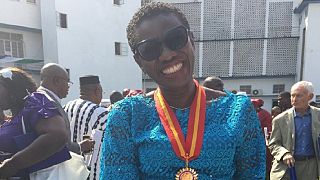
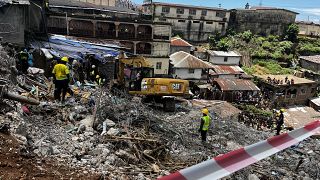
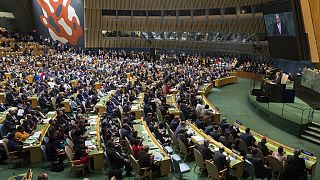
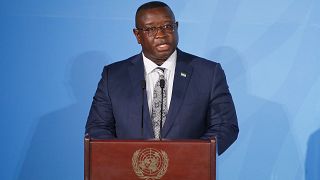
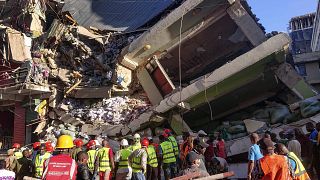
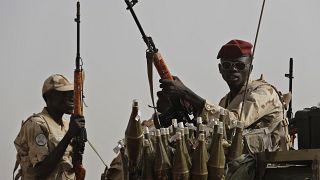
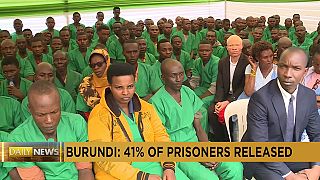
01:10
Voters head to polls in Somaliland as leaders hope for global recognition
01:11
Chad's electoral body disqualifies senior ruling party official
01:44
Mauritius heads to the polls in wake of wiretapping scandal
Go to video
Why Mozambique's election has sparked weeks of protests and a violent crackdown by police
01:38
Drones beat logistical challenges to delivery of medical supplies in Kenya
01:00
Mozambique's President urges an end to deadly protests against recent election results